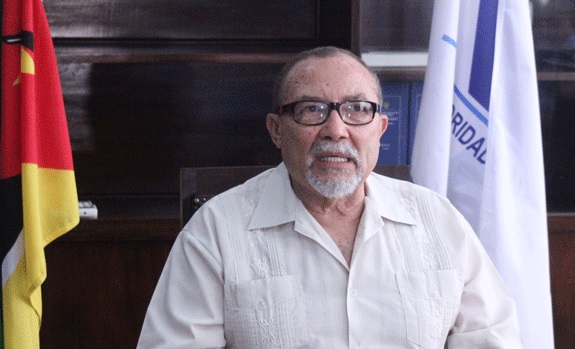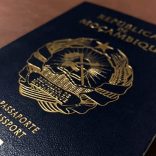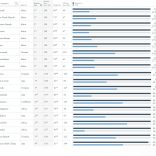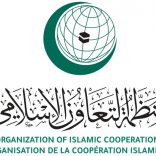Mozambique to roll out 10-year residence visa for $5 million-plus investors
Single African Air Transport Market: Domestic flights still protected – Mozambique

Notícias
Commander João de Abreu Martins, Chairman of the Board of Directors of the Mozambican Civil Aviation Institute (IACM), said yesterday that the planned liberalisation of the Single African Air Transport Market (SAATM) did not cover domestic routes.
Speaking at a joint press conference with air transport operators convened to clarify the recent decision to formally launch SAATM in Addis Ababa, Ethiopia, de Abreu explained that the Civil Aviation Law (Law no. 5/2016) does not allows cabotage, a right reserved only for companies registered in Mozambique.
“Only companies registered in Mozambique have the right to operate domestic flights within the country. But any of the companies from the 23 countries subscribing to SAATM may come from abroad and enter our country at the so-called entry points,” he said.
The establishment of a Single African Air Transport Market, a flagship project of the African Union Agenda 2063, was adopted by the continental organisation in 2015, reinforcing the 1999 Yamoussoukro Decision. SAATM provides for full liberalisation in terms of access to the air market between African states, the free exercise of traffic rights, the elimination of restrictions on ownership and the full liberalisation of frequencies, tariffs and transportation capacities.
For the time being, airspace is open in 23 countries which have joined the single market to date, namely Mozambique, Benin, Botswana, Burkina Faso, Cape Verde, Congo Brazzaville, Côte d’Ivoire, Egypt, Ethiopia, Gabon, Ghana, Guinea Conakry, Kenya, Liberia, Mali, Niger, Nigeria, Rwanda, Sierra Leone, Swaziland, Togo and Zimbabwe.
Assessing the opening of Mozambican airspace for international flights by national authorities, de Abreu said some of the eligible companies had fulfilled the International Civil Aviation Organisation (ICAO) requirements to start operating.
“Of the four eligible companies, only Ethiopian Airlines has not yet completed the requirements. But it is in the final stages of doing so. All these operators are called national companies, regardless of their name, because, being registered in Mozambique, they will bring jobs, greater competitiveness and enhanced movement of people and goods,” de Abreu said.












Leave a Reply
Be the First to Comment!
You must be logged in to post a comment.
You must be logged in to post a comment.